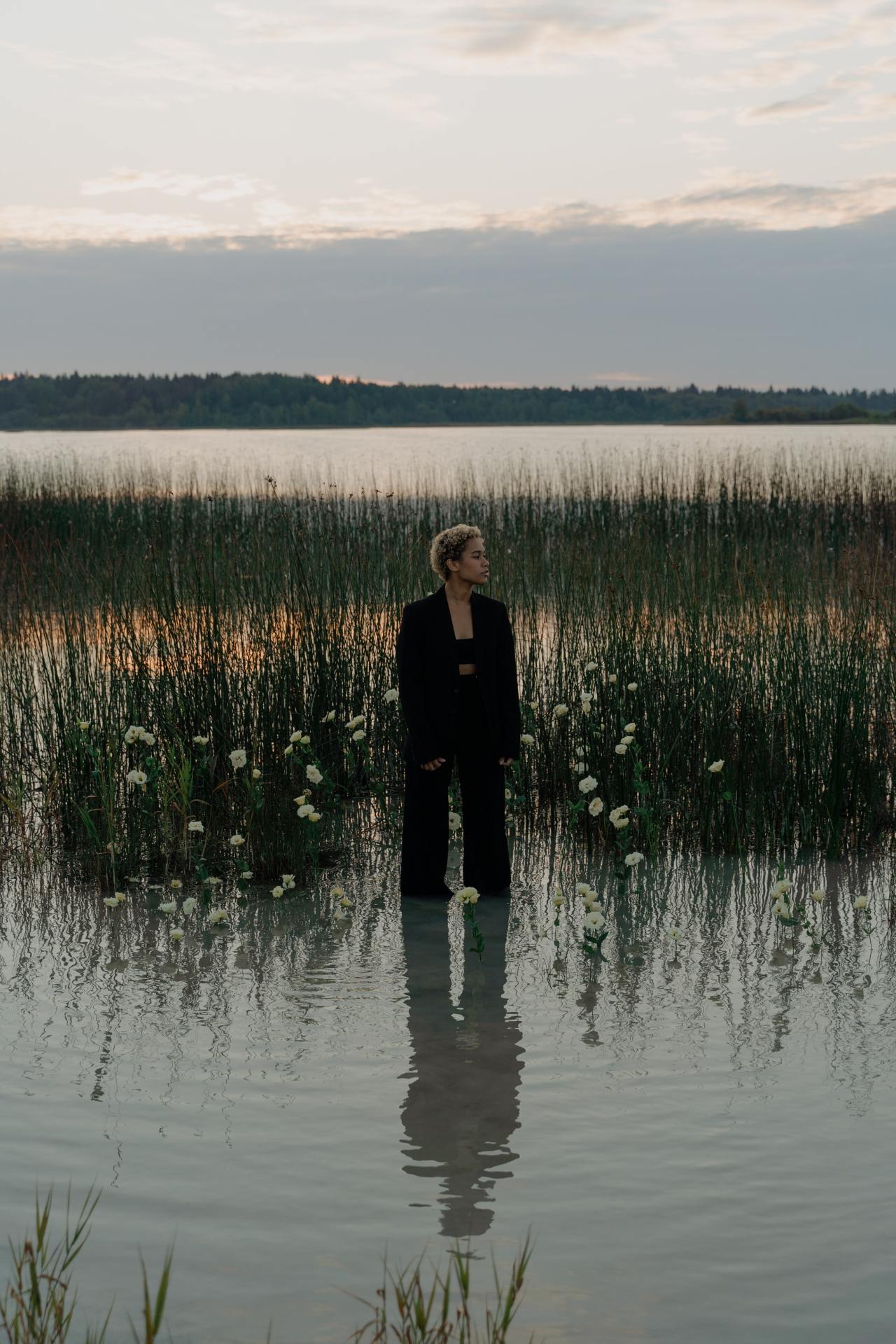
Why I Never Want To Be The Best Version Of Myself
When you google ‘best version of yourself,’ 3,870,000,000 results pop up. Varied definitions. Long lists of how to attain your highest self. YouTube videos. Honorable press mentions. It’s all there. All saying the same thing, more or less. That becoming the best version of yourself means getting back to your quintessential self through authentic self-discovery in order to approach your essential self. It’s a lot of work, dedication, and commitment to achieve deep introspection and release yourself from limiting beliefs.
When you dig deeper on what “being the best version of yourself” means, the world says you should:
1) be confident (duh)
2) think positively (yeah, but we also need negative thoughts)
3) believe in yourself (I’m trying to…)
4) dress fashionably (this I can manage)
5) commit to learning and reading (be a sponge!)
6) eat healthy (IMO the key is balance)
7) exercise consistently (honor your body)
8) don’t worry about others, focus on you (I agree; stay in your own lane)
9) work hard and make money (personally, money isn’t everything)
10) try new things often (I like this one, we should explore internally and externally)
You’re probably asking,“And? Aren’t these good principles?”
While I agree with this list, and I find the value in showcasing it for any individual who is striving to become better, I think what we’re all missing is this: there is no BEST you, there is only a BETTER you.
Let me explain. The word “best” implies that there is a limit to your being, a threshold you must meet and a high point that you will eventually reach. It’s finite. There is an end. So this common phrase indicates that one day, you can become the best version of yourself. Like when you have your dream house. Or your dream body. Or your dream mental health. Or when you travel a lot and read a lot and show up confidently in every encounter you have and have the perfect partner. Sounds great, right?
My question is: What happens after that day? After I have my dream house, career, body, mental state, etc., what will I then strive for if I’m already my best? I’m constantly evolving and changing, so if I reach my “best” self now, what does she look like in five years? Ten years? Fifty years? Doesn’t that mean, then, that there is no “best” me? I don’t want to be 78 years old and think, “I became my best self when I was 25.” That would suck. That would mean that for 53 years, I didn’t grow. I didn’t change. I didn’t expand. I didn’t transform.
Hear me out.
We should instead aim to be the BETTER version of our yesterday selves, for that implies that there is no limit nor is there an end point. Our growth is infinite, constantly evolving and transmuting. And the best part: There will always be a part of you that is still out there to meet. When I’m 78, I want to be better than who I was at 77. And I want to be even better when I turn 79.
So no, I don’t want to be the best version of myself. I want to be better than who I was yesterday. In two days from now, I want to be better than who I become tomorrow. I want to continuously discover myself, remove layers and uncover layers, let go and let in. And by simply shifting this phrase by replacing “best” to “better,” I allow room for improvement. I remove the overwhelming pressure to be the best. I give myself space to unfold over time.
Be the better version of your yesterday self. It’s realistic. It’s attainable. And it’s aligned with what you’re truly seeking: internal self-discovery and positive self-perception.
